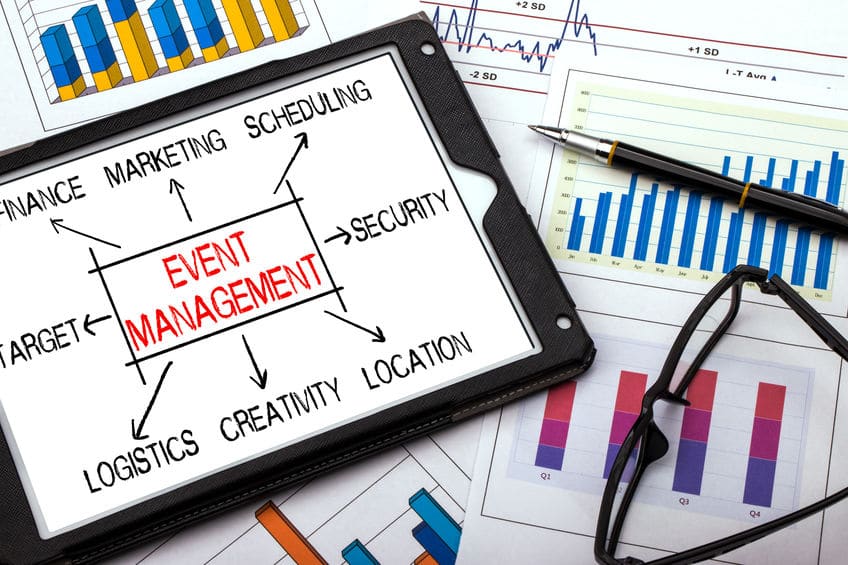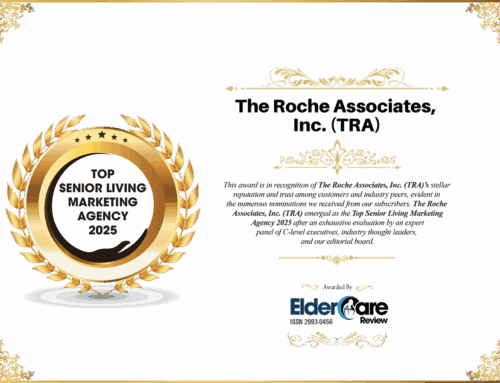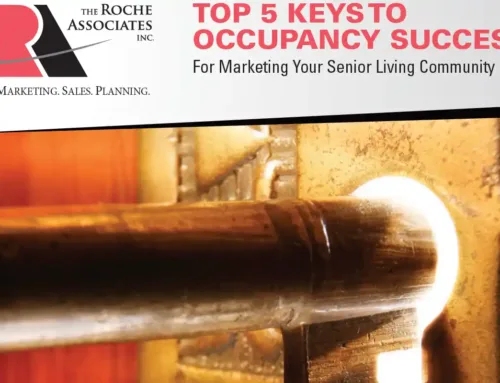Events can be an important marketing tool for small businesses. This enables you to communicate with customers and prospects in an environment that you are able to control. In order to create a successful event, you must follow these five essential principles of event marketing:
-
- Attract the right participants
- Select the right venue
- Maximize the number of visitors
- Create interest and build relationships with participants and visitors.
Participants
For an event to happen you need participants so that means getting the right participants on board. You need to identify the people or organizations who will participate in your event. Then be sure to contact these potential participants by email to invite them to take part in the event. Explain why your event will enable them to reach their own target audiences cost effectively, and outline your plans for attracting visitors and promoting the event. Set up an event website where participants can obtain information about the event and the audience you aim to attract.
Venue
Choosing the right location is important. You will want to choose a venue that is accessible and attractive to visitors and participants. The venue must be able to accommodate the number of exhibitors and visitors that you are hoping to attract. Select a venue that is convenient for visitors to reach by road, rail or air. If your event takes place over several days, then you should consider venues that offer other attractions to visitors, such as a popular tourist destination.
Visitors
You will need to attract the maximum number of visitors. Identify the target market and communicate the benefits of visiting the event. Visitors attend events to learn about the latest products, see influential presenters or attend seminars and workshops where they will improve their knowledge. Make sure to have information for visitors posted on your event website or social media pages, giving essential details such as location, admission charges, travel, program and schedule of events, list of exhibitors and event highlights. Offer early-bird discounts to encourage visitors to book early.
Communication
Build interest and anticipation. Communicate with visitors and participants in the period leading up to the event. Use social media such as Facebook or Twitter to communicate the latest news about the event, such as new product announcements, additions to the lineup of presenters or number of advance ticket sales.
Relationships
Build relationships with customers. By communicating with visitors after the event, you can start to build relationships that help you to market future events. Ask visitors, presenters and exhibitors for feedback on the event. Publish news related to your event, such as the release of new products or relevant publications, on your website or on social media to maintain longer-term interest. Encourage visitors and participants to exchange views and information on social media to build a sense of community around your event.





